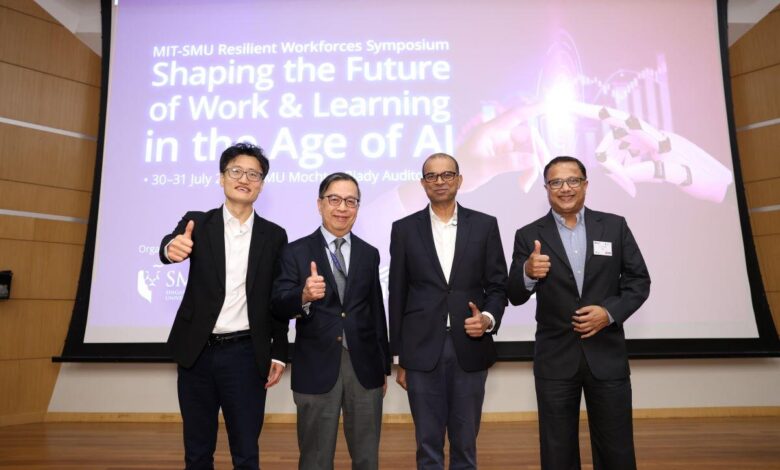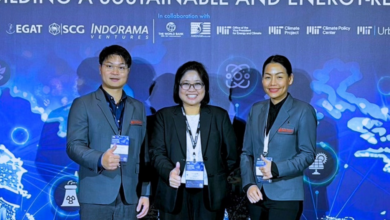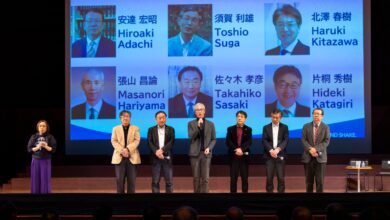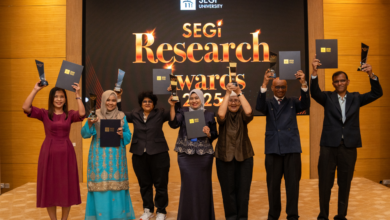Boosting Workforce Resilience in the AI Era: Adapting Learning and Employment for Future Success

As artificial intelligence (AI) becomes more integrated into educational systems and business operations, concerns about workforce resilience in the face of potential disruptions have emerged. Singapore Management University (SMU) is conducting a research initiative aimed at understanding how individuals, companies, and society adapt to the increased use of AI, addressing this pressing societal issue.
MIT-SMU Resilient Workforces Symposium
During the MIT-SMU Resilient Workforces Symposium held on July 30, Professor Archan Misra, Vice Provost for Research at SMU, underscored the necessity of preparing students and professionals for the changing landscape influenced by AI. He indicated that the rapidly decreasing half-life of skills and careers necessitates continual investment in lifelong learning and adult reskilling. However, the disruptions associated with AI bring about considerable challenges for job security, particularly in white-collar sectors.
Resilient Workforces Research Agenda
The Resilient Workforces Research Agenda has identified three primary focus areas: enabling individuals to learn and collaborate effectively with AI; assisting organizations in redesigning workflows to optimize human-AI collaboration; and formulating policies that foster lifelong learning and respond to the shifting employment landscape.
Insights from AI Leaders
Insights were shared by international leaders in AI research and application during the symposium. Professor Jinhua Zhao from the Massachusetts Institute of Technology (MIT), who leads the M3S programme—a collaborative research initiative involving MIT, SMU, and the National University of Singapore—stressed the necessity for new frameworks and tools to facilitate collaboration between humans and machines.
Government Support for Research
Dr. Janil Puthucheary, Senior Minister of State for Education and Sustainability, attended the event and expressed support for SMU’s focus on enhancing workforce resilience. He noted that the university has partnered with various organizations, including Changi Airport Group and Mendaki, to conduct research addressing specific challenges faced in these sectors.
Exploring Advanced Topics
The M3S programme, which is funded by the National Research Foundation CREATE, investigates advanced topics such as robotics and augmented/virtual reality technologies, emphasizing the integration of human and machine resources.
Symposium Participation
The two-day symposium attracted approximately 200 attendees, consisting of academics, policymakers, and industry leaders, who participated in discussions about the latest developments in AI. Keynote presentations addressed numerous aspects of AI’s impact on learning and employment, covering topics from human learning in the AI age to the implications of AI on organizational collaboration and competition.
Conclusion
Overall, the initiative by SMU to research workforce resilience aims to position individuals and organizations to succeed in a job market increasingly shaped by artificial intelligence.
(Source: Singapore Management University)




